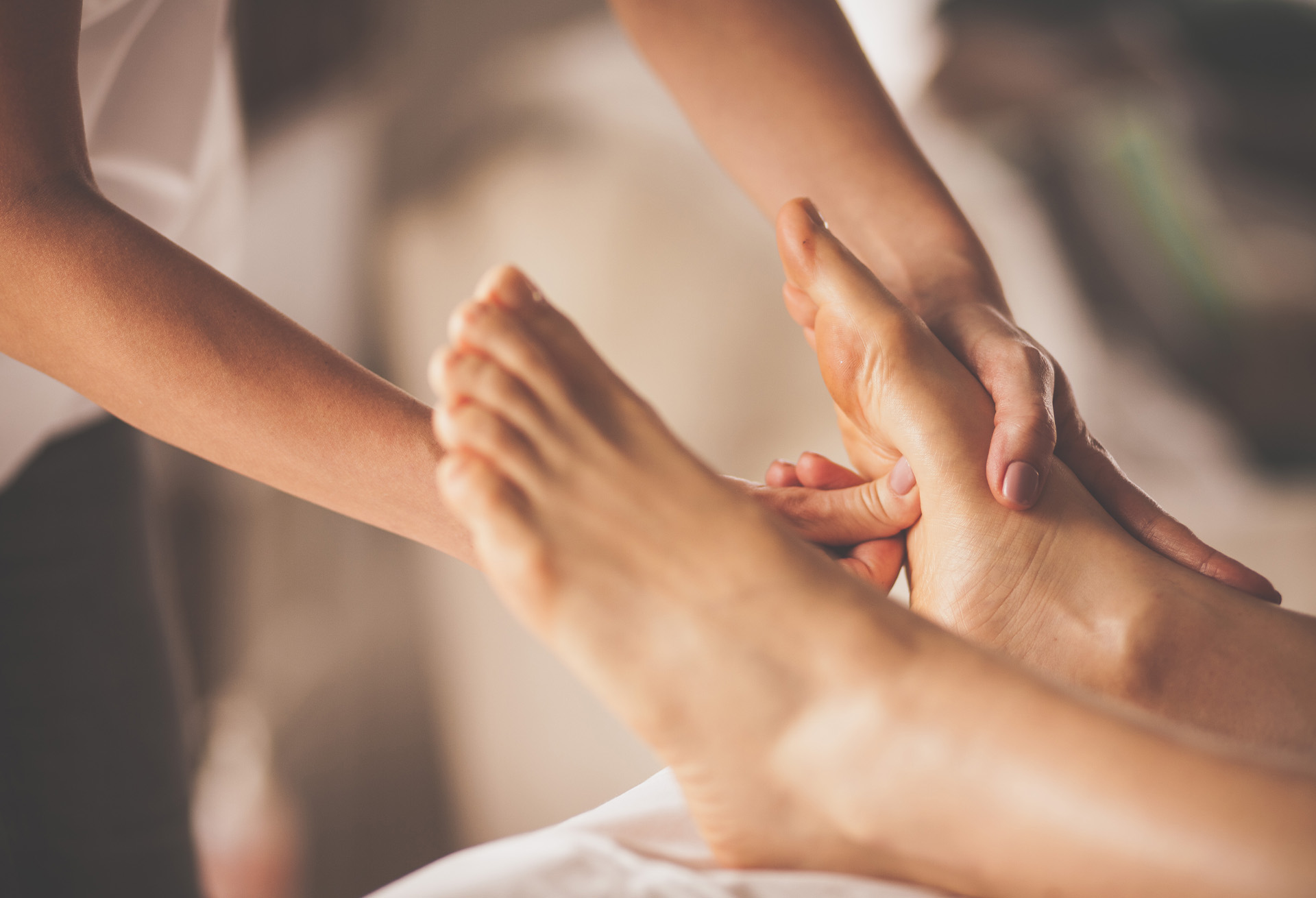
While lack of sleep is the primary driver for feeling sluggish throughout the day—Dr. Wendy Troxel, clinical psychologist and behavioral scientist says that one out of every three adults aren’t getting enough sleep every night—even the most by-the-book sleepers can (and often do) feel exhausted all the time. If you’re getting a full night of sleep, keeping your bedroom dark and cool and avoiding digital screens an hour before bed but still feel slow and hazy come morning, chances are the culprit for your far-too-often yawns lie beyond the bedroom. So what are some of the most common offenders and how can you strategize around them? We explain below.
You May Also Like: The Science Behind Beauty Sleep
You’re drinking too much coffee.
Although they may give you a much-needed boost of energy, celebrity nutritionist Kimberly Snyder says that too much caffeine, coffee or sugar may leave you feeling worse in the long run. “Depend on these entities for too long and you could end up overtaxing your adrenal glands, which—guess what—makes you feel exhausted and imbalances your body, depleting energy even further.” Still tired? Snyder suggests eating bee pollen for midday spike. “It is full of vitamins, minerals and enzymes, and will give you a long lasting energy boost!”

You’re dehydrated.
We know the effect water has on our skin, and while you wouldn’t immediately think so, it also plays a crucial role in our energy levels throughout the day. “When you’re dehydrated, your body can’t flush out the toxins that are hanging out in your cells and weighing you down, causing you to feel anything but perky,” Snyder explains, adding that even mild dehydration can make you feel tired. “A few alcoholic beverages or skimping on the water-containing foods can dehydrate you just enough to make you feel more tired than usual and even cause inflammation in the body, even if you feel like you’ve been drinking the same amount of water as usual.”

You’re not moving enough.
Dr. Troxel explains that too much sedentary behavior (read: sitting at a desk all day) can lead to feelings of daytime fatigue and exhaustion. “Even after a good night of sleep, if we spend our days engaged in energy-draining activities (much of which is done while sitting) as opposed to energy-generating activities—those that are stimulating, fun and/or physically active—then we can start to feel run down and exhausted,” she says. If you aren’t already, try breaking a sweat every day for amped up energy and all-around better health you can feel almost instantly.

You’re eating in the wrong order.
Snyder says that the order in which we eat our food throughout the day makes a huge difference in our energy levels. “Make sure you eat light to heavy all day long. Nothing’s going to rob you of your energy or make you want to crash before the day is done like a superheavy midday meal,” she says. While we’ve been told over and over that breakfast is the most important meal of the day, it’s crucial—for both your stamina and your waistline—not to indulge in a heavy, calorie-laden meal first thing in the morning. Instead, opt for a light, vitamin-packed breakfast that’s easy to digest for a strong, energy-filled body.

You’re not relaxing enough.
“When your mind is running at a rapid pace all day, springing from thought to thought and never stopping so you can just collect yourself, you not only get mentally tired, but physically weary, too,” Snyder says, explaining that if we’re holding stress anywhere in our bodies and tensing even a tiny percentage of our muscles without giving ourselves a second or two to relax, we’re exhausting ourselves, leaving us feeling slow and sluggish. “Slowing down, even for a few minutes per day, to either sit still and meditate or practice yoga, can do so much to restore your mind and body.” Learning to manage your stress will not only boost your energy levels throughout the day, but will keep you calmer and less irritated by small things might usually get under your skin.

You’re not getting enough magnesium.
According to The National Institutes of Health Office of Dietary Supplements, women between the ages of 19 and 31 need 310 mg of magnesium per day, while women 31 and up need at least 320 mg. Consequently, a study in The Journal of Nutrition also found that postmenopausal women with magnesium deficiencies needed to use more energy and oxygen to complete physical tasks. Snyder adds that if you’re deficient in this nutrient, your likelihood of feeling fatigued even after a good night’s sleep is increased. So how do we get more of this energy-booster? Snyder suggests incorporating it into your meals. “Be sure you’re eating foods rich in magnesium, like leafy greens (especially Swiss chard, with 29 mg per cup, raw, and spinach, with 24 mg per cup, raw), tempeh, pumpkin seeds, sesame seeds, sunflower seeds, almonds, Brazil nuts, millet, and quinoa.”

You’re not pairing your foods properly.
Snyder explains that one of the major—and easiest—things you can do to boost your energy is to stop pairing heavy foods together. “This will give you better digestion and more ‘beauty energy’”, she says. “Keep your meals simple, and cut down on how many concentrated elements there are per meal. Better digestion leads to better absorption of the nutrients you take in (like magnesium).” By properly combining your fruits, vegetable, starches, and proteins, you’ll start feeling light, energetic and vibrant all day without the need for your twice-a-day coffee or energy drinks.


















